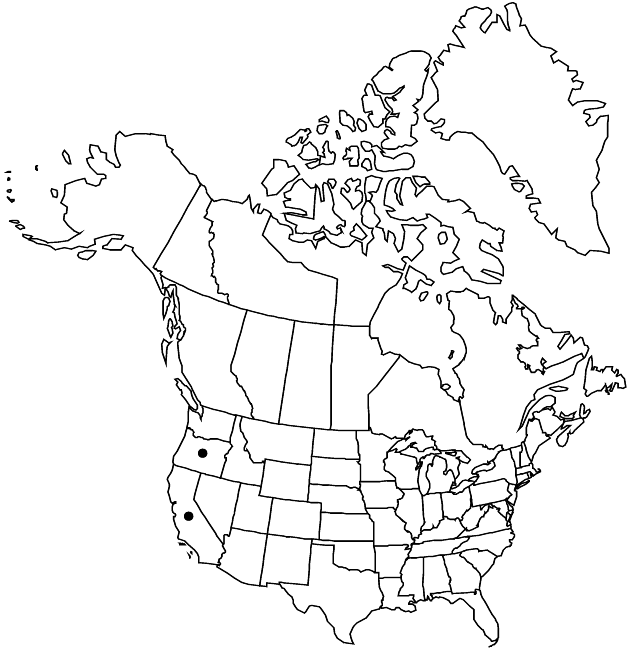Difference between revisions of "Hazardia whitneyi"
Pittonia 3: 43. 1896.
FNA>Volume Importer |
RevisionBot (talk | contribs) m (Bot: Adding category Revised Since Print) |
||
| (4 intermediate revisions by 3 users not shown) | |||
| Line 8: | Line 8: | ||
}} | }} | ||
|common_names=Whitney’s bristleweed | |common_names=Whitney’s bristleweed | ||
| + | |special_status={{Treatment/ID/Special_status | ||
| + | |code=F | ||
| + | |label=Illustrated | ||
| + | }}{{Treatment/ID/Special_status | ||
| + | |code=E | ||
| + | |label=Endemic | ||
| + | }} | ||
|basionyms={{Treatment/ID/Basionym | |basionyms={{Treatment/ID/Basionym | ||
|name=Haplopappus whitneyi | |name=Haplopappus whitneyi | ||
| Line 26: | Line 33: | ||
-->{{Treatment/Body | -->{{Treatment/Body | ||
| − | |distribution= | + | |distribution=Calif.;Oreg. |
|discussion=<p>Varieties 2 (2 in the flora).</p> | |discussion=<p>Varieties 2 (2 in the flora).</p> | ||
|tables= | |tables= | ||
| Line 56: | Line 63: | ||
|basionyms=Haplopappus whitneyi | |basionyms=Haplopappus whitneyi | ||
|family=Asteraceae | |family=Asteraceae | ||
| − | |distribution= | + | |distribution=Calif.;Oreg. |
|reference=None | |reference=None | ||
|publication title=Pittonia | |publication title=Pittonia | ||
|publication year=1896 | |publication year=1896 | ||
| − | |special status= | + | |special status=Illustrated;Endemic |
| − | |source xml=https:// | + | |source xml=https://bitbucket.org/aafc-mbb/fna-data-curation/src/2e0870ddd59836b60bcf96646a41e87ea5a5943a/coarse_grained_fna_xml/V19-20-21/V20_1025.xml |
|tribe=Asteraceae tribe Astereae | |tribe=Asteraceae tribe Astereae | ||
|genus=Hazardia | |genus=Hazardia | ||
| Line 67: | Line 74: | ||
}}<!-- | }}<!-- | ||
| − | -->[[Category:Treatment]][[Category:Hazardia]] | + | --> |
| + | |||
| + | [[Category:Treatment]] | ||
| + | [[Category:Hazardia]] | ||
| + | [[Category:Revised Since Print]] | ||
Latest revision as of 18:29, 6 November 2020
Perennials (from woody rootstocks) or subshrubs, 20–50 cm. Stems scabrid to sparsely tomentulose, distally stipitate-glandular. Leaves sessile; blades widely oblong to oblanceolate, 25–50 × 7–16 mm, subcoriaceous, bases subclasping (distal), margins serrate, apices acute, faces glabrous, sparsely puberulent, or glandular-scabrid. Heads borne singly or in spiciform, racemiform, or cymiform arrays. Involucres campanulate, 11–13 × 8–12 mm. Phyllaries sometimes recurved, linear-lanceolate, apices acute, herbaceous and stipitate-glandular. Ray florets 0 or 5–18, sterile; corollas longer than involucres, conspicuous. Disc florets 15–30; corollas 8–10 mm. Cypselae 5–10 mm, glabrous.
Distribution

Calif., Oreg.
Discussion
Varieties 2 (2 in the flora).
Selected References
None.
Key
| 1 | Ray florets 0 | Hazardia whitneyi var. discoidea |
| 1 | Ray florets 5–18 | Hazardia whitneyi var. whitneyi |